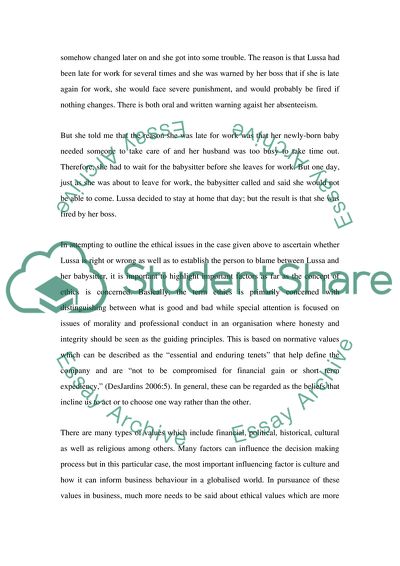Cite this document
(How Do the American Boss and the Chinese Subordinate Interact Essay - 1, n.d.)
How Do the American Boss and the Chinese Subordinate Interact Essay - 1. Retrieved from https://studentshare.org/human-resources/1737511-business-ethics
How Do the American Boss and the Chinese Subordinate Interact Essay - 1. Retrieved from https://studentshare.org/human-resources/1737511-business-ethics
(How Do the American Boss and the Chinese Subordinate Interact Essay - 1)
How Do the American Boss and the Chinese Subordinate Interact Essay - 1. https://studentshare.org/human-resources/1737511-business-ethics.
How Do the American Boss and the Chinese Subordinate Interact Essay - 1. https://studentshare.org/human-resources/1737511-business-ethics.
“How Do the American Boss and the Chinese Subordinate Interact Essay - 1”, n.d. https://studentshare.org/human-resources/1737511-business-ethics.


